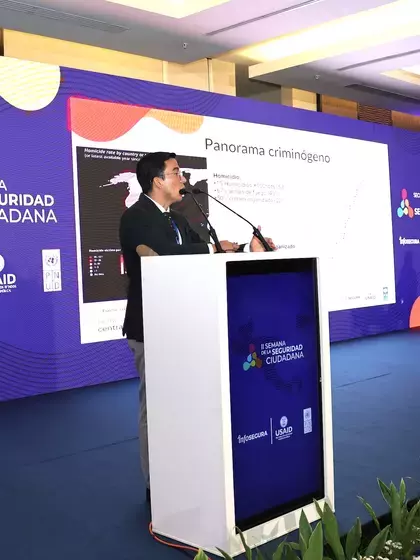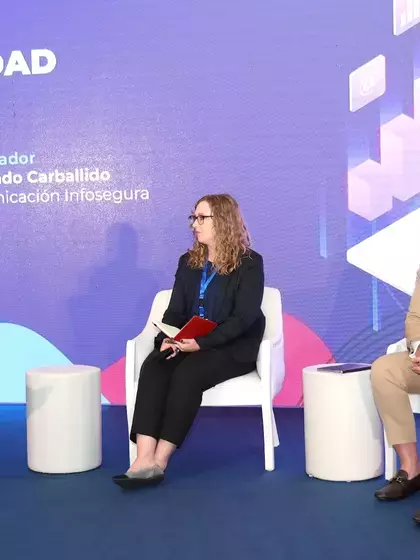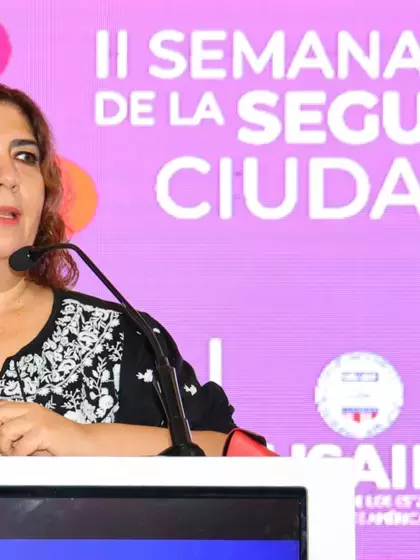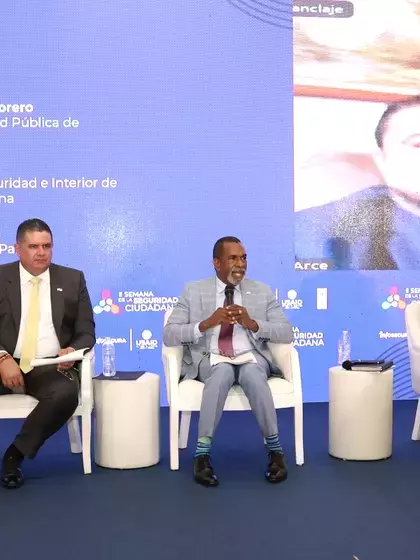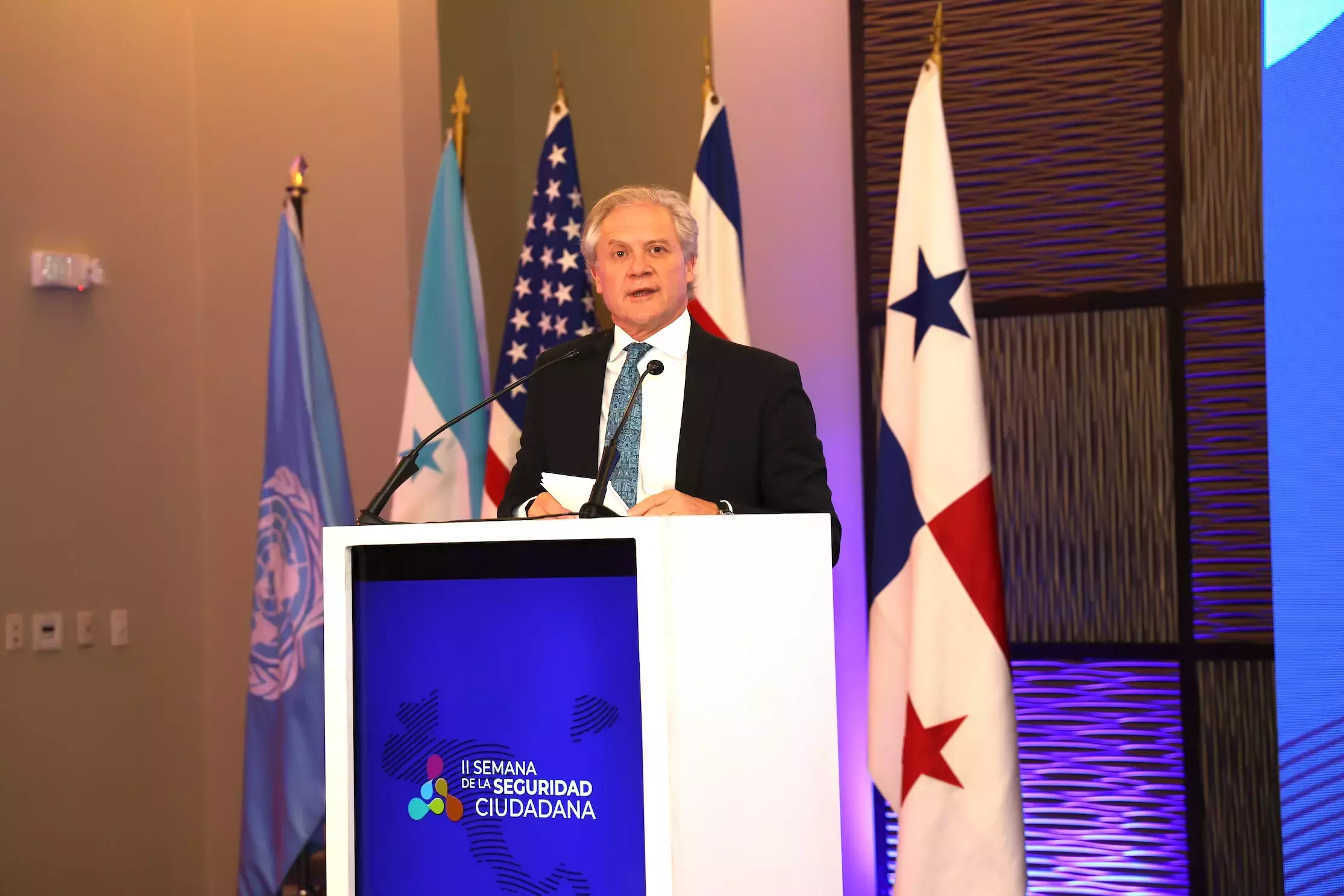
“An uberization of organized crime is taking place,” Jorge Srur
The first session of the Second Citizen Security Week featured an intervention by Jorge Srur, South Regional Manager at CAF Development Bank of Latin America. InfoSegura has been doing great work for the past 10 years, Mr Srur began, and he recalled that this project marks a watershed moment in data and information management, “its impact far surpasses Central America and is a stabilizing factor in a historically unstable region.”
Regarding the current situation in Central America and the Dominican Republic, Srur warned about the blurred borders between organized and disorganized crime, as well as the loss of state control in key areas such as the penitentiary and education systems. The CAF executive is of the opinion that we are witnessing an uberization of crime, with individuals moving in and out of these organizations, which is a stark contrast to the origins of organized crime. In light of these challenges, it is imperative that we deepen our understanding.
Mr. Srur noted that there has been a significant change in the perception of violence, with many parts of the region making a shift from “fear of crime” to “terror of crime.” The outcome of such a substantial change can be “rushed policies and unsustainable responses.” He encouraged the participants to build a new institutional architecture and to undertake in-depth situational analysis in each country.
He also recalled that organized crime in Central America and the Dominican Republic represents 17 per cent of the world total, and nearly 75 per cent of homicides in this region are linked to this type of crime.
Mr. Srur emphasized the importance of situating the issue of security in a broader context that includes social cohesion and institutionality. He highlighted the intricacies involved in countering organized crime through overly simplistic approaches and the lack of transparency in public policies. Instead, he proposed a comprehensive understanding of organized crime that encompasses emerging phenomena such as burgeoning markets, illicit mining, human trafficking and environmental offences.
Another key point he addressed was the risk factor for young people, either as victims or perpetrators of crime. Young people are affected by scepticism nurtured by social media, fake news and political polarization, Mr. Srur observed. On this point, he emphasized the need to, “free citizen security from ideological sequestration.”
He concluded by praising the ministers and government representatives in attendance for their innovative approach based on people-centred solutions. He noted that projects like InfoSegura are an example of the digital transformation that is under way.

